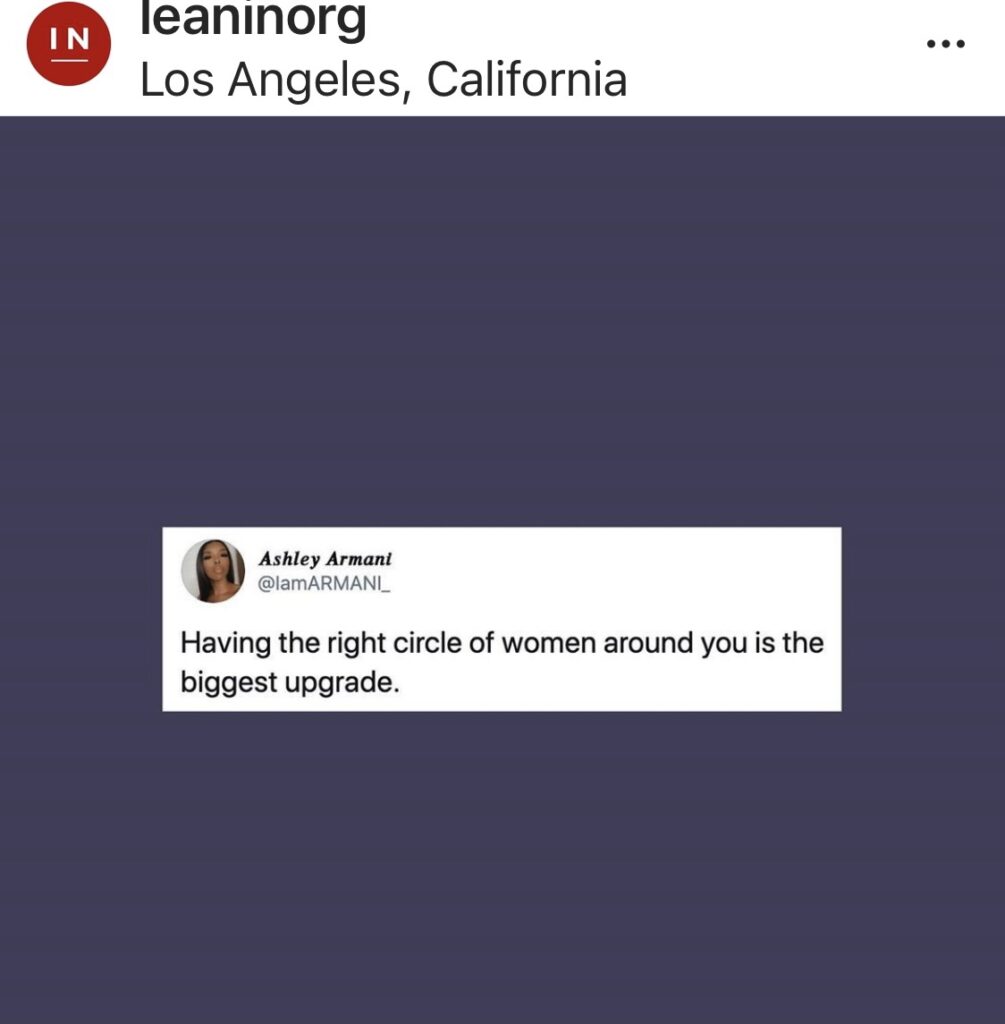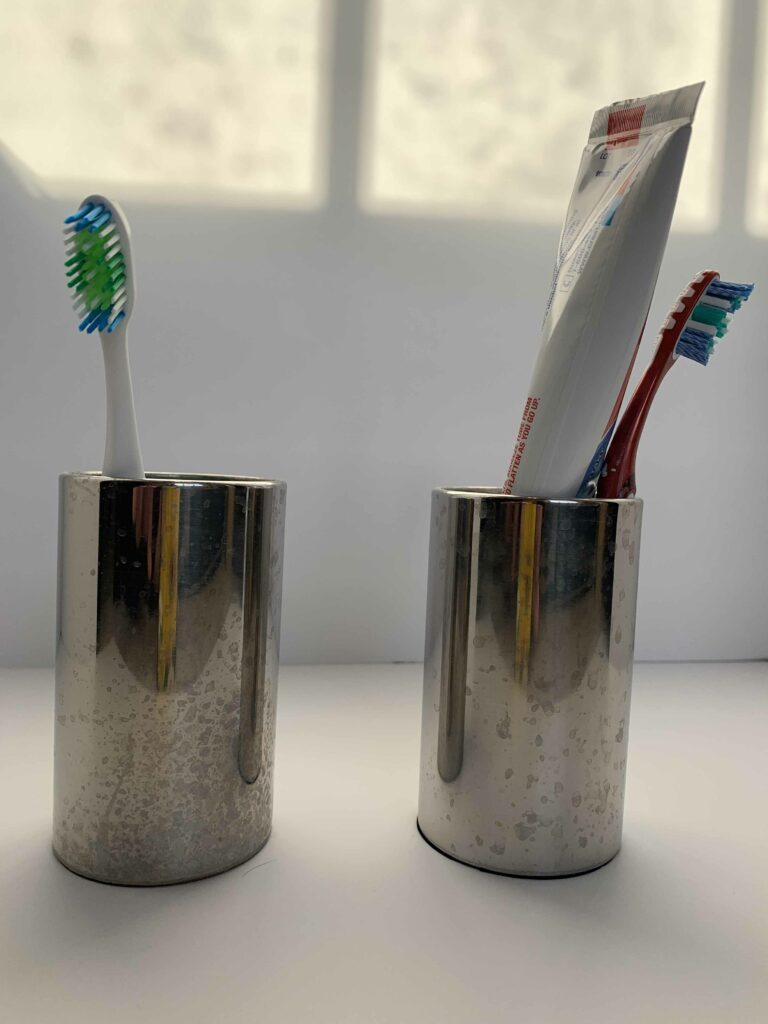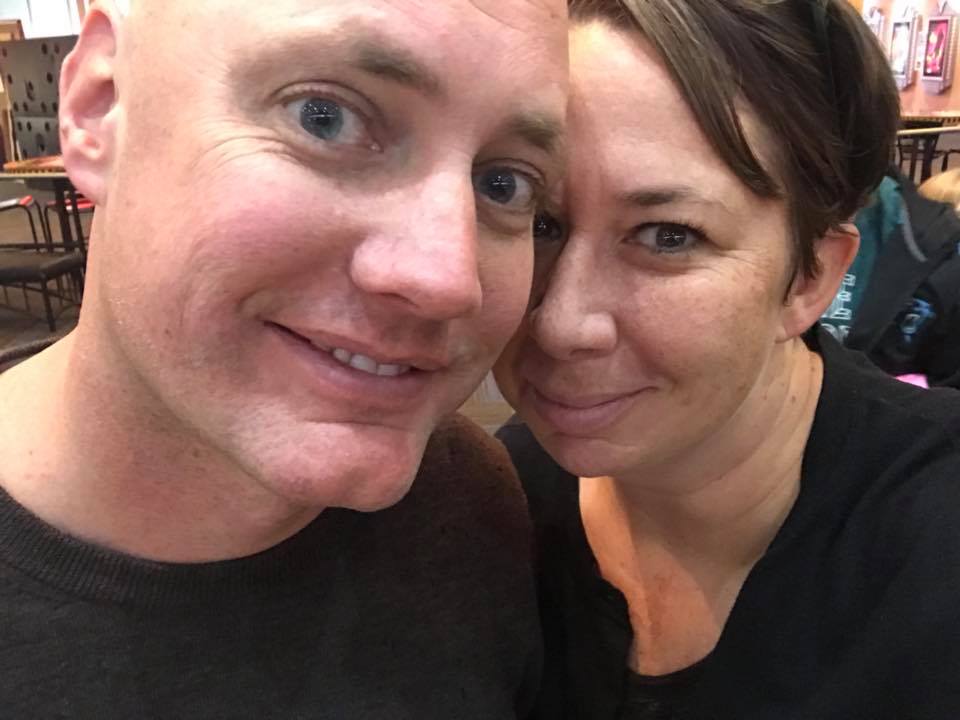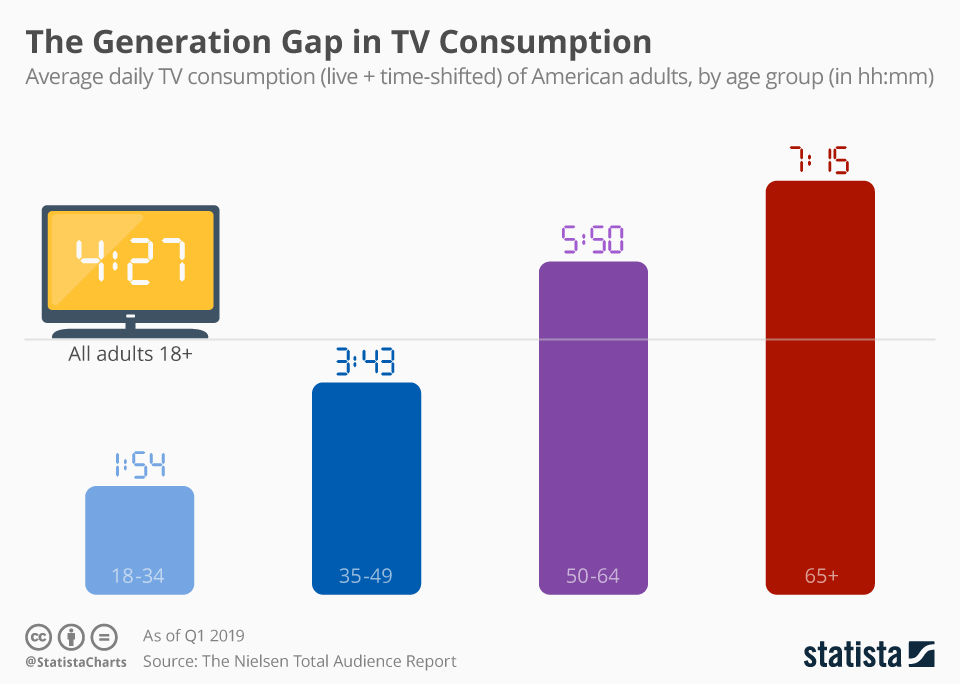Who Is Cheering You On These Days?
Even though I was raised in team sports, it was not until much later in life that I truly valued the tribe of women in my corner. Where in my teenage years to late 30s I had a few women who I truly believed had my best interest at heart, in my 40s that circle is widening – even as I am becoming more discerning.

Source: https://www.instagram.com/leaninorg/
Healthy relationships are part of the Mental Well-being pillar of Sustainable Productivity. I want to share a few women who have been cheering on my writing by sharing with their tribe. I want you to think about those in your circle. Who has taken time to brag about you, share your victories, and asked – and really wanted to know – how you are doing lately?
Here are a few of mine.
Learning new things always includes a learning curve. But social media for this middle aged introvert? Get outta here. So when Brooke Turbyfill asked me to test out Instagram Live interviews?
But alas, I swung for the fences and had fun – and learned something along the way! You can check it out here.
Then I had an opportunity to guest post on Sarah Butterfield “Out of Place” series. You can find my piece on “Ditching Perfection to Find Belonging” on Sarah’s website.

I hope that this inspires you to life someone else up and to look around you to see if you need to be more particular about your relationships. If you can’t find a cheerleader, come find me – I am rooting for you.




